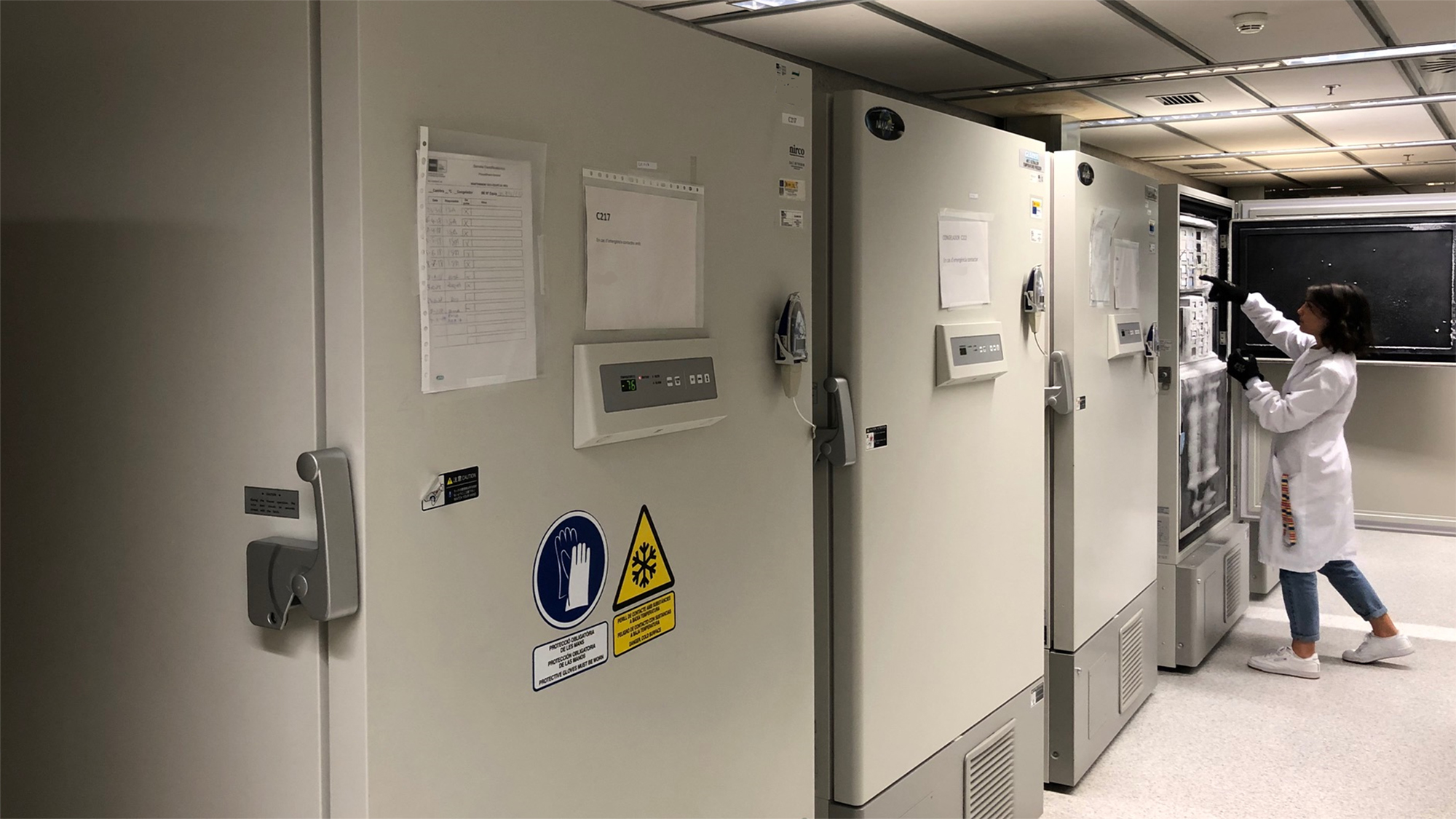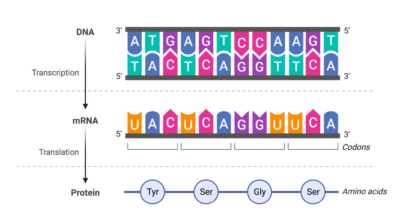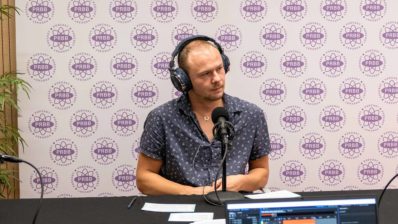Biological material obtained through the diagnosis, treatment and control of diseases in medical centres, can also be very useful for carrying out biomedical research. This excess material, once diagnosis or treatment has been undertaken, receives the name “surplus diagnostic material“.
Anyone can decide to voluntarily donate their surplus diagnostic material for research. This surplus material is held in a biobank, a facility that houses organised collections of biological samples (blood, urine, DNA and tissues) and any appropriate biomedical information associated with them. Both samples and data are kept under the conditions and guarantees of quality and safety required by current legislation.
The biobank is responsible for both the custody of the samples and for making them available to researchers for use in projects preapproved by the biobank’s Ethics Committee and Scientific Committee.
The objective of a biobank is to guarantee the traceability and quality of the samples and their associated data; consolidate existing collections; develop new important collections; ensure the availability of the material to the scientific community, and guarantee the rational, ethical and legal use of the resources whilst promoting quality practices.
A biobank acts as a link between donors, clinics and researchers in order to ensure the safe and effective use of biological samples and their associated data in research.
A biobank is therefore a research support platform that acts as a link between donors, clinics and researchers in order to ensure the safe and effective treatment of biological samples and their associated data, being fundamental to the development of personalised medicine. Currently, the IMIM manages the MARBiobanc which is the BioBank of the Parc de Salut Mar.
You can watch a video about the MARBiobanc (in Catalan).







